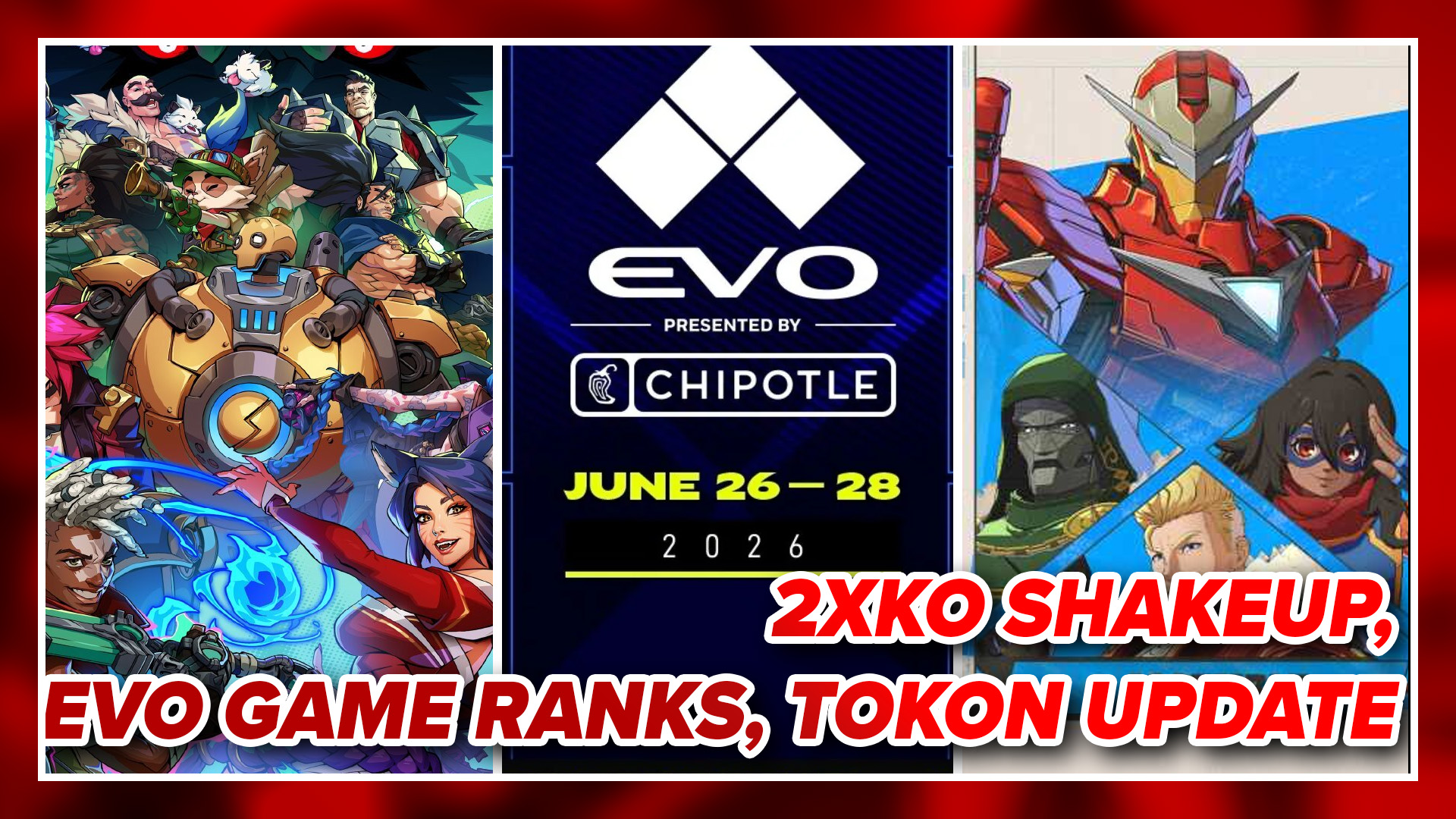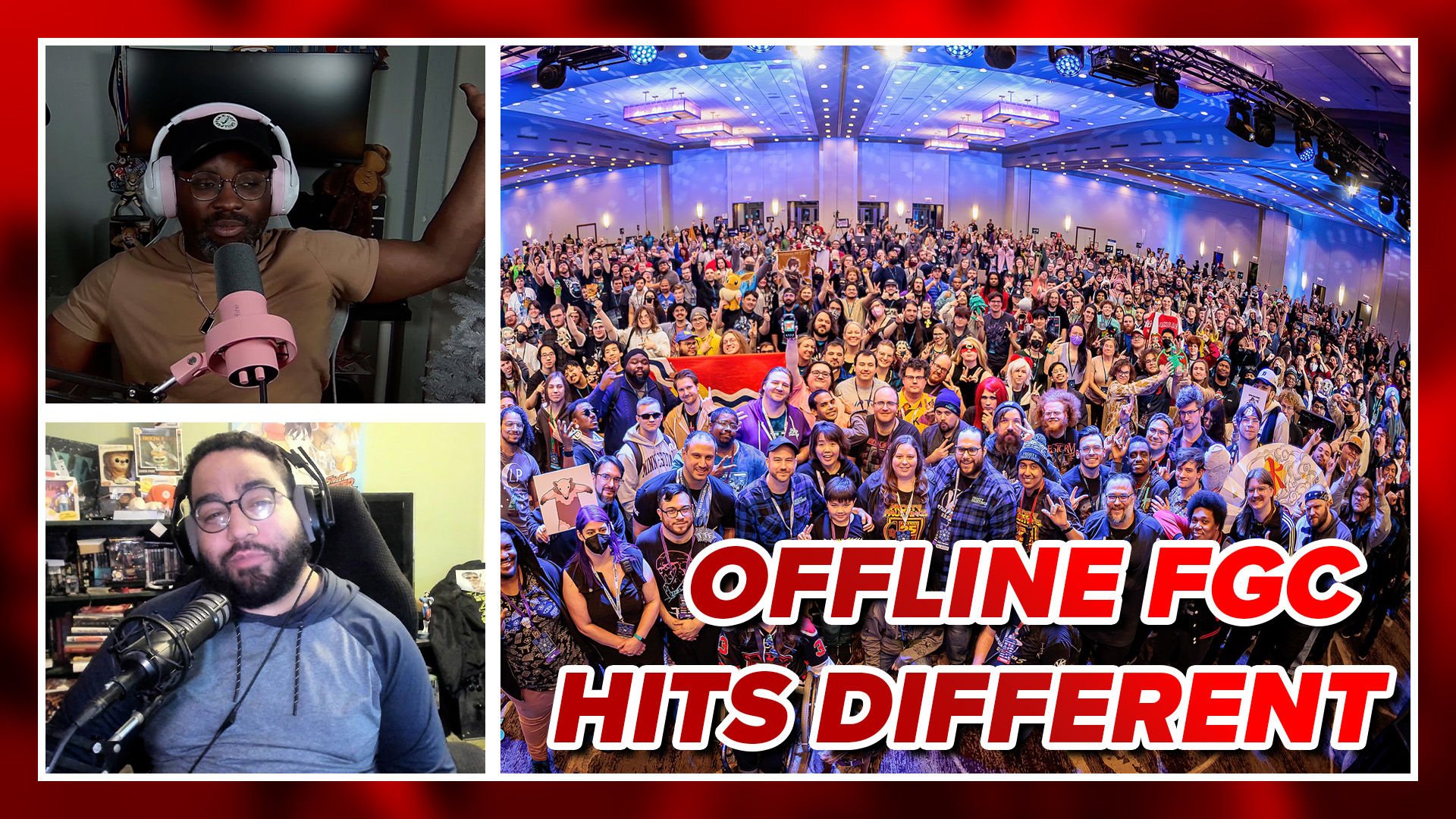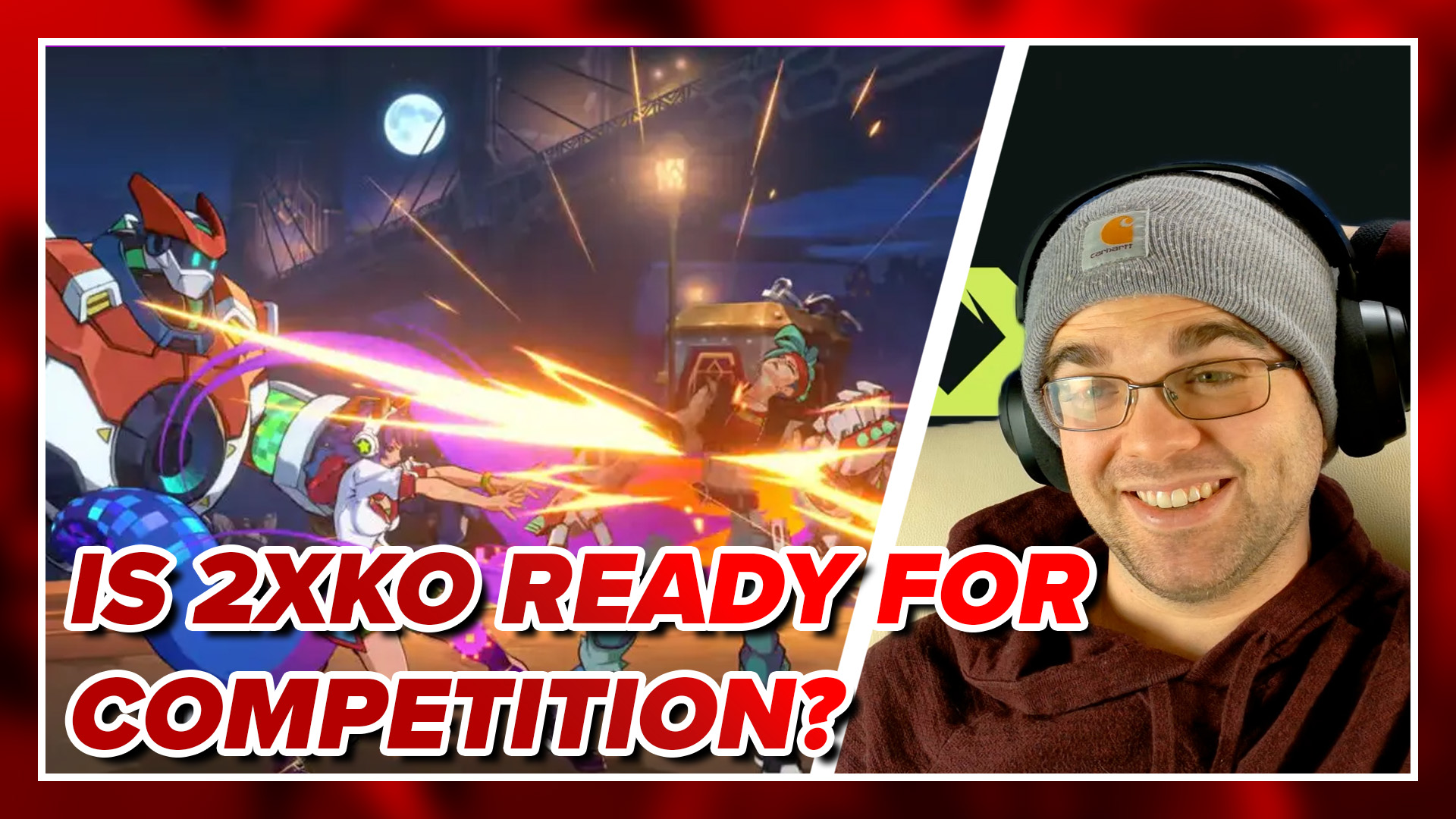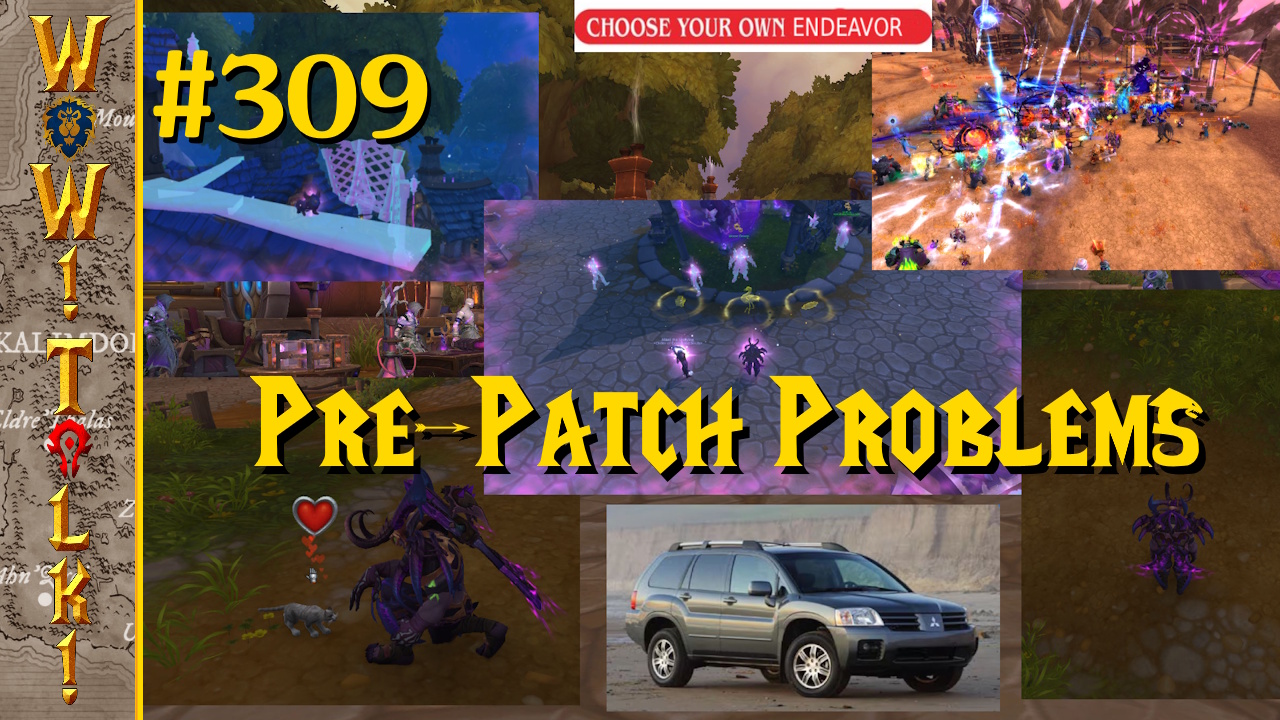
With great power comes great responsibility. Every comic-book nerd has these words engraved into their brain. And while I wouldn’t argue that being a member of the video game media grants *great* power, it is certainly a position that warrants a sense of responsibility. We are granted access to game developers and games and it is our job to use that access to inform the public. However, it is too easy for game journalists to forget that they serve the masses — without loyal readership, we mean nothing to developers — and in doing so develop a sense of entitlement that can alienate their readers.
I was fortunate enough to be at PAX East earlier this year when Blizzard announced Hearthstone. I seized the opportunity to play the game on the show floor and immediately write about it. Although the game felt extremely polished, it would still be five months before invites to the closed beta were granted. Although some fans were included, the bulk of that first round went to media sites. Hearthstone is a great game and Blizzard is going to have a hit on its hands when it goes live. I already can’t stop playing it to earn cards even though I know all my efforts will be lost when the beta concludes. The problem with that is that the game is so great all anyone will want to do is play it, and if you can’t play it, talk about it. I don’t fault WoW Insider for their extensive Hearthstone coverage after the beta went live. To that degree, they are lucky, because doing their job and following their passion are in sync. But it is easy to let passion overstep its bounds, as it did when they posted a Breakfast Topic “Are You Playing Hearthstone?”
Breakfast Topics are intended to be conversation starters each morning. Devoid of news, it’s an excuse to get people commenting to ostensibly drive page views. While most questions posed are innocuous, (Have you successfully recruited friends or family into the game?) this post ended in an off-putting manner. “[D]id you get into the Hearthstone beta? Or do you just not care?” Given that the average fan who loves all things Warcraft is most definitely excited about Hearthstone while probably not having received beta access at that point, that phrasing left no accounting for them.
The problem is that while fans like to hear about upcoming games they are excited about, they can’t have their lack of access rubbed in their face. It may be implicit that to read a game preview means the author had access to said game, but in a case like Hearthstone where fans can sign up for the beta in their battle.net account, the only obstacle between them and the game are the mercurial whims of Blizzard. Wow Insider needed to remember this, and acknowledge that plenty of fans were still denied access no matter how deep their fandom. It was a violation of their responsibility as media, and they had to assure readers they were “hardly bragging” with their extensive Hearthstone coverage the very next day.
More recently, Ben Kuchera was “butthurt ” that the Penny Arcade Report didn’t receive an advance copy of GTA V to review. Kuchera’s response was to announce that he would forego a proper review and instead post his thoughts and foster discussion as he plays through the game. It’s a clever way of capitalizing on a popular release when they won’t have any advance coverage, but its undercut by his lamentations at not receiving a review copy. While he addresses the situation with humor (claiming they’re “influential as hell… and stuff”) the fact stands that he is complaining that he cannot play GTA until release — the exact same position the bulk of his readership finds themselves in.
Kuchera does try to downplay their misfortune by mentioning that other sites were skipped over and claiming that Rockstar is “persnickity about review copies.” And there is merit in criticizing publishers for restricting advance access in ways that are favorable to them. But it needs to be done without invoking the inequality between readers and the media. Broadcasting that someone ignored your position of privilege to a group that lacks such privilege comes across as whiny and entitled no matter how you try to minimize it. Kuchera could have easily presented his inspired bookclub idea without mentioning that PAR got overlooked. Instead of thinking, “Kuchera has a great idea that could change how we review games,” my takeaway is “Kuchera’s being whiny today.” That alters PAR’s message and helps no one.
The gaming media is entirely based on relationships. Journalists foster relationships with developers and use information gleaned from them to grow relationships with readers. Dealing with a readership can be one-sided (comments are at best representative, but in no way inclusive for an entire readership). While it’s easy to look at other sites and think that everyone has access to the games, it’s important to remember that the fans (the readers) rarely get early access and to treat them as such. Given the importance of fans to any site, they deserve to be granted the utmost respect.




